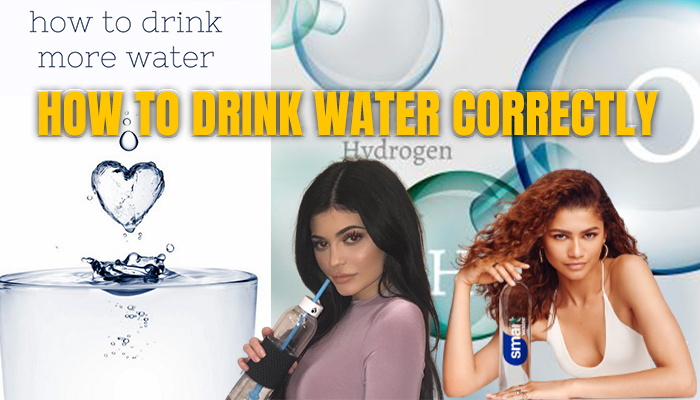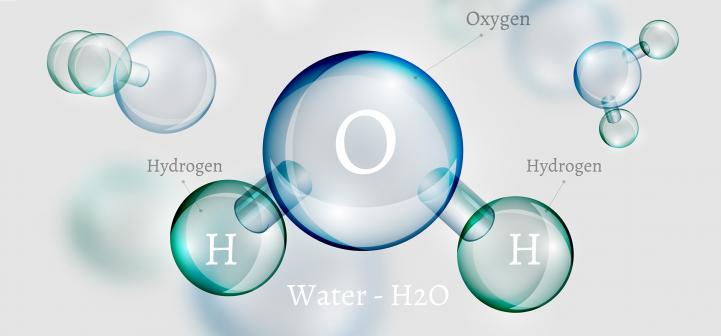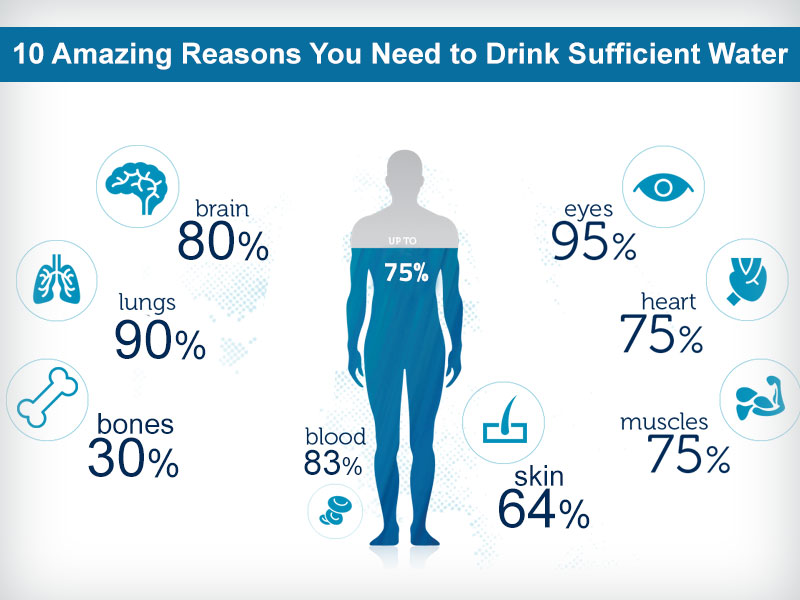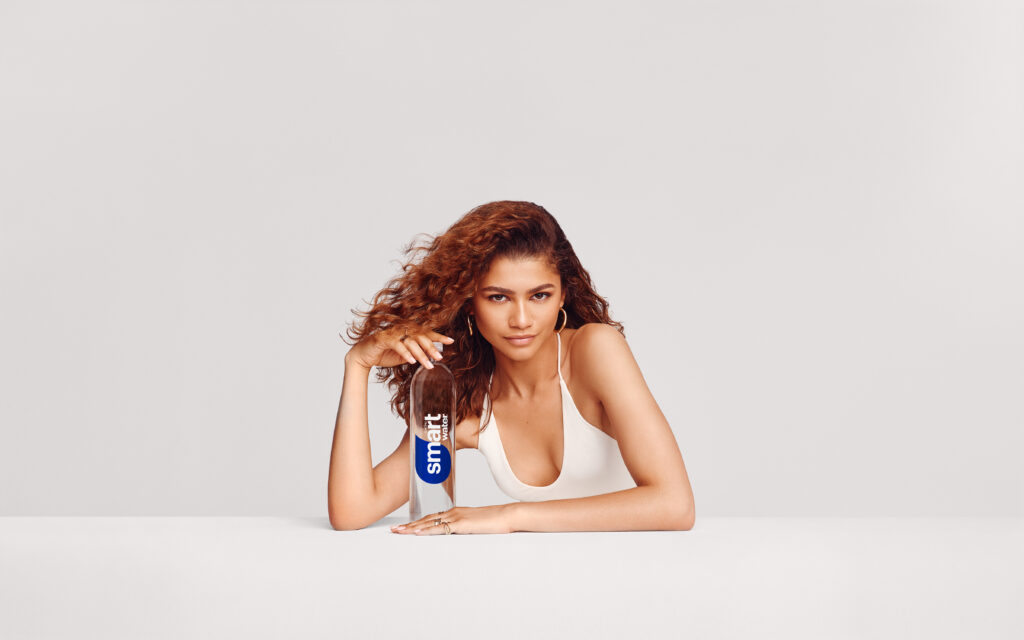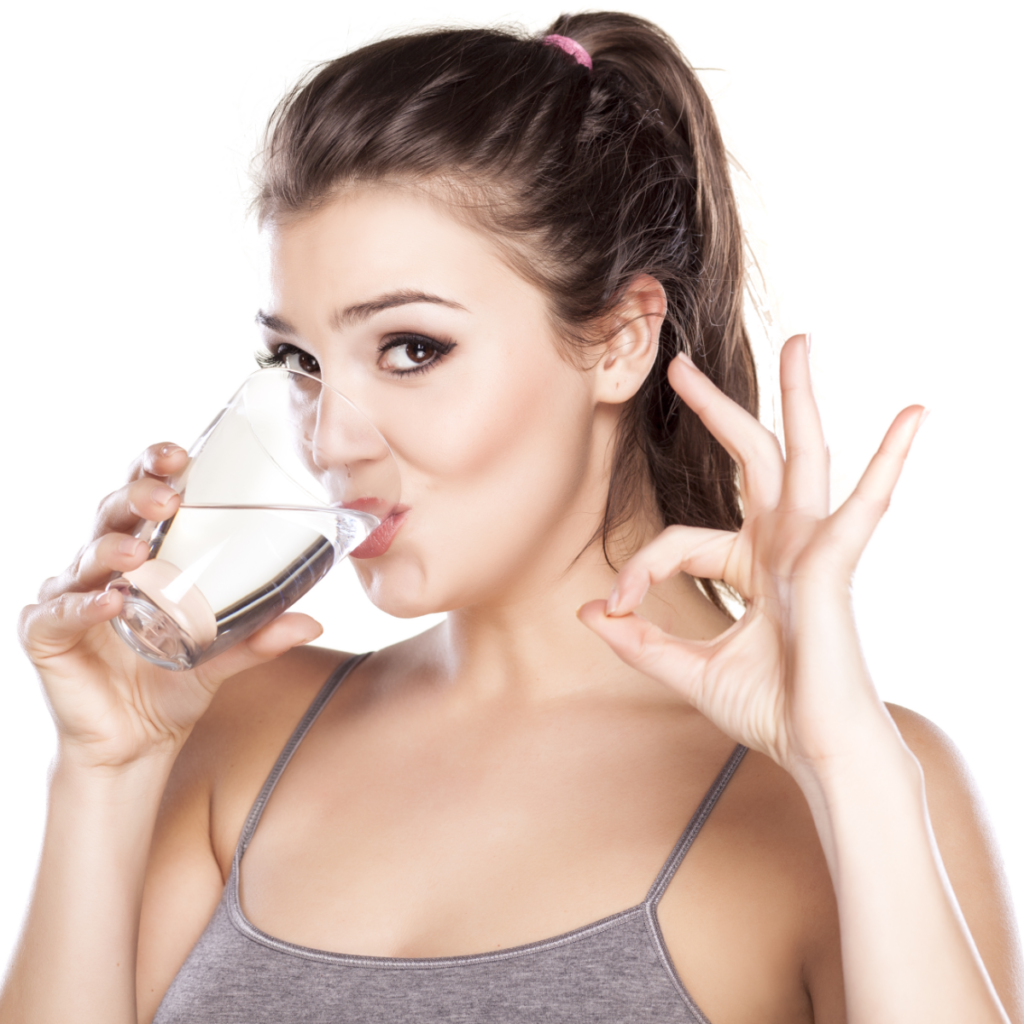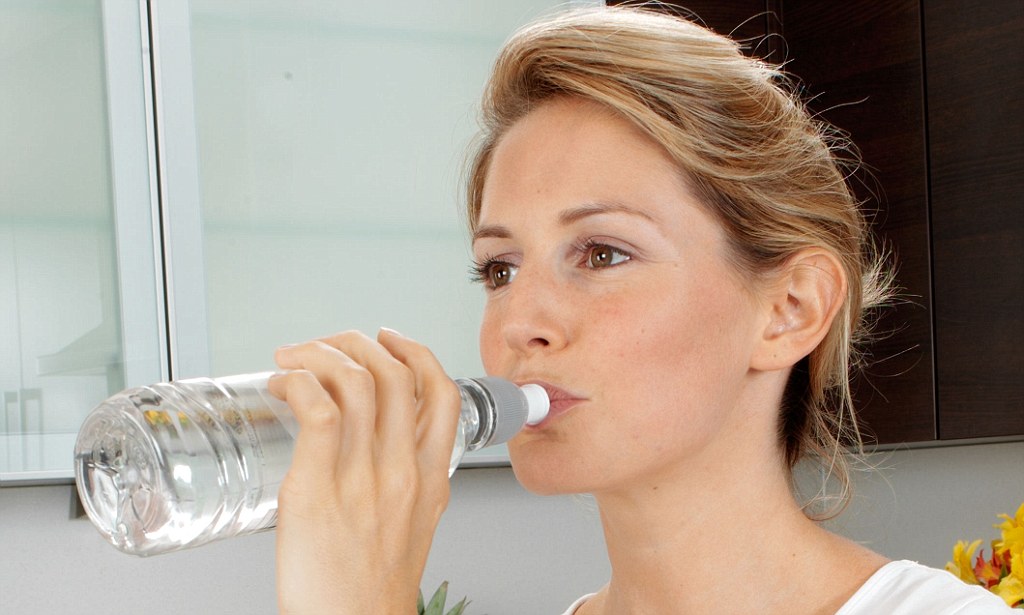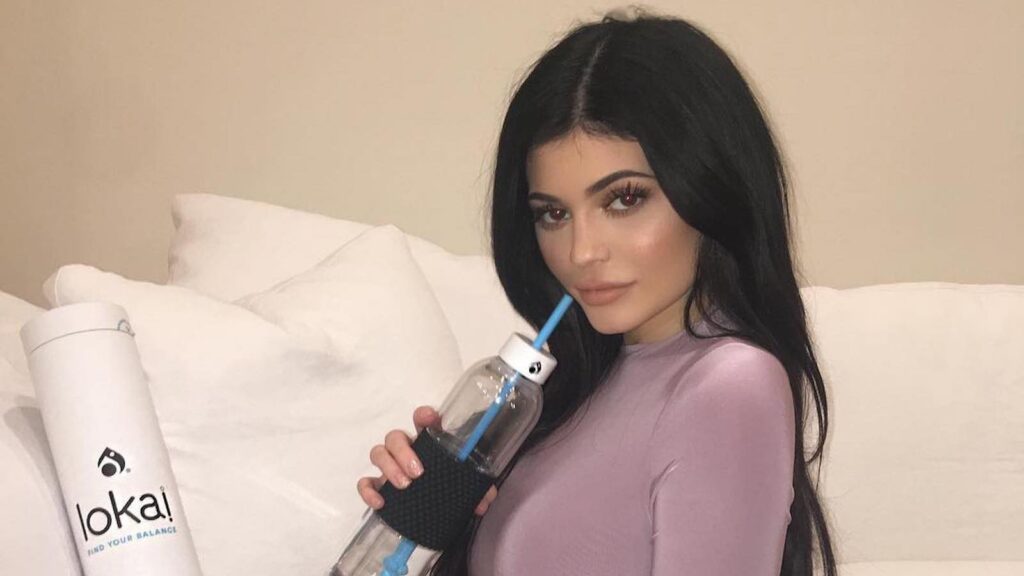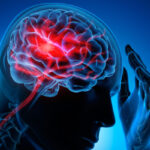Read carefully about how to drink water correctly and how to drink water correctly in a day. It’s crucial for your health to drink adequate water each day. Dehydration can result in fuzzy thinking, mood swings, overheating of the body, constipation, and kidney stones, among other symptoms. Dehydration can be avoided by drinking water. When substituted for beverages with calories, such as sweet tea or ordinary soda, water has the added benefit of helping with weight management and calorie consumption reduction.
Drinking water seems like a simple task which doesn’t require much thought but according to various new studies and Ayurveda, how and when you drink water has a direct impact on your body, so it is important to get it right. Let’s take a look at how to drink water the right way.
What Is Water?
Water is a colourless liquid composed of hydrogen and oxygen (H20). It is vital for life, although it supplies no calories. Drinking adequate amounts of water, or staying hydrated is the first rule of health and nutrition. Our bodies can supposedly last weeks without food, yet just a few days without water. This makes sense when you realize our bodies are made up of about 60% water and that being dehydrated can affect us both physically and mentally.
Benefits Of Drinking Water
Water helps your body:
- Keep a normal temperature.
- Lubricate and cushion joints.
- Protect your spinal cord and other sensitive tissues.
- Get rid of waste through urination, perspiration, and bowel movements.
Your body needs more water when you are:
- In hot climates.
- More physically active.
- Running a fever.
- Having diarrhea or vomiting.
Drink Water Helps maximize physical performance
Your physical performance may decrease if you don’t drink enough water. This is especially crucial when exercising vigorously or when the weather is hot. Even 2% of your body’s water content loss might result in dehydration, which is visible.
Yet athletes frequently lose up to 6–10% of their water weight through sweat (1Trusted Source, 2Trusted Source). This may result in impaired body temperature regulation, decreased motivation, and increased exhaustion. Also, it may make exercise seem much more challenging on a physical and mental level.
Drink Water Significantly affects energy levels and brain function
Your level of hydration has a big impact on how your brain functions. According to studies, several areas of brain function can be affected by even slight dehydration, such as a loss of 1% to 3% of body weight. In a study involving young women, researchers discovered that a fluid loss of 1.4% following exercise affected both mood and focus. Moreover, it made headaches more common.
A fluid loss of 1–3% equals about 1.5–4.5 pounds (0.5–2 kg) of body weight loss for a person weighing 150 pounds (68 kg). This can easily occur through normal daily activities, let alone during exercise or high heat.
Drink Water May help treat kidney stones
Clusters of mineral crystals that form in the urinary system are painful urinary stones. Kidney stones, which develop in the kidneys, are the most typical type. Among patients who have already experienced kidney stones, there is some evidence that drinking water can help avoid recurrence.
More fluid is consumed, which results in more urine passing through the kidneys. As a result, minerals have a lower concentration and are less prone to crystallize and group together.
Tips to Drink More Water
- Bring a bottle of water with you and fill it up as needed.
- Freeze certain water bottles that are freezer-safe. Bring one with you so you may drink ice-cold water all day.
- Choose water over sweetened beverages.
- If you’re eating out, choose water. Both money and calories will be saved.
- Serve water during meals.
- To your water, add a slice of lime or lemon. The flavor may be enhanced as a result.
- Ensure that your children are drinking enough water. Read more about water use in institutions of higher learning and early care and education.
- Tie it into a routine. Drink a glass of water every time you brush your teeth, eat a meal or use the bathroom.
- Eat it. Many fruits and vegetables have a high water content, including melon, cucumbers, lettuce and celery.
Fast Facts On Drinking Water
We need to drink about two liters of water a day to stay healthy. Still water, sparkling water, and herbal tea are all great options and are much better choices than fizzy soft drinks or coffee. If you drink two liters of water a day, you’ll drink about 60,000 liters of water in our life since the average life expectancy is around 79 years.
- Our adult bodies are 60% water, while our blood is 90% water.
- There is no universally agreed quantity of water that must be consumed daily.
- The kidneys and other physiological processes require water.
- The skin might become more prone to wrinkling and skin conditions when dehydrated.
- Water is better for you when it comes to weight reduction than soda.
Recommended Intake Of Water
Optimal hydration is important for optimum health because water is a necessary nutrient at every age. Around 60% of an adult’s weight is made up of water. When we feel thirsty, which is the primary warning indication that our body needs more water, we often drink something. To aid in digestion, we also practice the ritual of drinking something with meals.
Nonetheless, there are situations when we choose how much to drink rather than considering these aspects. Aiming for “8 glasses a day” is one of the most well-known proverbs, however, not everyone should follow this advice.
General recommendations
1- For healthy men and women, respectively, the National Academy of Medicine recommends an appropriate daily fluid intake of around 13 cups and 9 cups, with 1 cup equaling 8 ounces. Those who engage in vigorous physical activity or who live in hot regions might require higher doses. For people with smaller bodies, lower dosages can be required. It’s crucial to remember that this figure is only meant to serve as a general guide rather than a daily goal. Although everyone’s precise fluid requirements differ, even day to day, drinking less won’t always jeopardize one’s health.
2- Fluid requirements will rise in response to fever, physical activity, exposure to extremely hot or cold climates, and significant fluid loss from the body (such as from vomiting or diarrhea).
3- Research does not entirely support the long-held belief that caffeine has a diuretic impact that could cause dehydration. According to the research, consuming more than 180 mg of caffeine per day (about two cups of brewed coffee) may temporarily increase urination in certain persons, but it is not always a sign of dehydration. As a result, caffeinated drinks like coffee and tea can contribute you get your recommended daily intake of water.
Remember that 20% of our total water intake comes from foods that are high in water, such as lettuce, leafy greens, cucumbers, bell peppers, summer squash, celery, berries, and melons, rather than from beverages.
Aside from including water-rich foods, the following chart is a guidance for daily water intake based on age group from the National Academy of Medicine:
| Age | Daily Adequate Intake |
| 1-3 years | 4 cups, or 32 ounces |
| 4-8 years | 5 cups, or 40 ounces |
| 9-13 years | 7-8 cups, or 56-64 ounces |
| 14-18 years | 8-11 cups, or 64-88 ounces |
| men, 19 and older | 13 cups, or 104 ounces |
| women, 19 and older | 9 cups, or 72 ounces |
| pregnant women | 10 cups, or 80 ounces |
| breastfeeding women | 13 cups, or 104 ounces |
Is It Possible To Drink Too Much Water?
As the body can typically eliminate additional water through urine or sweat, there is no Tolerable Upper Intake Level for water. A rare illness known as water poisoning, however, can occur when a substantial volume of fluids are consumed quickly and at a rate that exceeds the kidneys’ capacity to eliminate it.
When too much water is consumed, the result is a severe illness called hyponatremia, in which the sodium levels in the blood become dangerously low. Blood sodium levels are diluted by the excess total body water, which can result in symptoms like disorientation, nausea, seizures, and muscular spasms.
Hyponatremia is usually only observed in ill persons whose kidneys are not functioning correctly or during conditions of acute heat stress or extended physical exercise where the body cannot eliminate the additional water. Those who are very physically active, such as triathletes and marathon runners, are at risk for this illness because they frequently drink a lot of water and sweat a lot, losing salt. Due to their smaller bodies, women and children are especially more vulnerable to hyponatremia.
Should I Worry About Drinking Too Much Water?
Probably not. For adults who are healthy and well-fed, drinking too much water rarely poses an issue. In an effort to avoid being dehydrated when engaging in prolonged or strenuous exercise, athletes may occasionally overhydrate themselves. Your kidneys can’t get rid of extra water when you consume too much of it. Your blood loses some of its salt content. The illness known as hyponatremia poses a risk to life.
You Might Like-
Visit Our Online Shop Website- WWW.CEYLEBRITY.COM
Ceylebrity Sinhala News And Articles- WWW.CEYLEBRITYNEWS.LK
Knowledge World Blog- WWW.KNOWLEDGEWORLD.BLOG
Share
